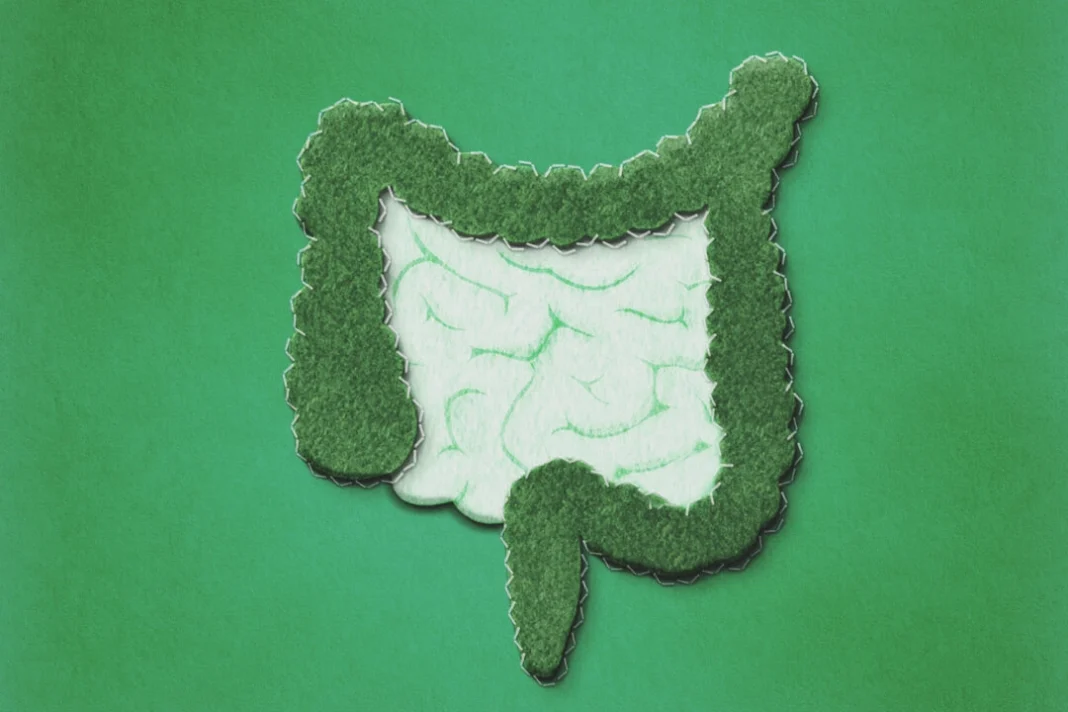|
Getting your Trinity Audio player ready...
|
By: Amy Denney
In the fight against antibiotic-resistant bacteria, some scientists are thinking in terms of addition rather than subtraction.
They believe recolonizing the gut with healthy microorganisms may help reduce drug-resistant pathogen infections. However, identifying which bacteria or combinations of bacteria can effectively combat invaders is a complex mystery—there are potentially millions of types of bacteria.
However, emerging research shows that some bacteria may be capable of suppressing two pathogenic bacteria in the Enterobacteriaceae family that often lead to antibiotic resistance in some patients.
People most at risk of antibiotic-resistant infections include those with a history of frequent antibiotic use and those with chronic inflammatory intestinal conditions. Antibiotic-resistant infections happen by:
Antibiotic treatment leads to a loss in microbial diversity.
Antibiotics may not wipe out all pathogens.
Remaining antibiotic-resistant pathogens can increase in two ways:
By transferring antibiotic-resistant traits to other microbes
Quickly multiplying without enough commensal (beneficial) or pathogenic-resistant bugs
Bacterial Rivalry
Bacteria not only share properties like antibiotic resistance but also engage in a fierce competition for survival. That is, they fight for limited resources, such as their food, which may cause one species to thrive while another dies off.
In a study published in Nature, researchers examined dozens of bacterial strains from healthy donors, pitting them against two Enterobacteriaceae bacteria: Escherichia coli (E. coli) and Klebsiella.
The team identified 18 strains from donor stool samples that specifically prevented overgrowth of E. coli or Klebsiella in mice. The beneficial bacteria were able to prevent infection by eating the same nutrients that normally allows the infection-causing bacterium to proliferate. When there isn’t enough food for a pathogenic bacterium, its numbers begin to decrease.
“Despite two decades of microbiome research, we are just beginning to understand how to define health-promoting features of the gut microbiome,” Marie-Madlen Pust, a computational postdoctoral researcher at Broad Institute of MIT and Harvard and co-first author on the paper, said in a news release. “This collaborative effort allowed us to functionally characterize the different mechanisms of action these bacteria use to reduce pathogen load and gut inflammation,” she added.
The 18 strains had no effect on the healthy bacteria in mice with gut microbiomes similar to those of patients with Crohn’s disease and ulcerative colitis, two forms of inflammatory bowel disease, according Broad Institute.
Future Therapeutics
The new research establishes a “road map for the development of live biotherapeutic products,” Dr. Eric G. Pamer, a researcher and professor at the Departments of Medicine, Microbiology, and Pathology at the University of Chicago, wrote in a recent perspective article in Nature.
Currently, the only approved microbiota therapy targets infections caused by Clostridioides difficile (C. diff), a bacterium causing severe diarrhea. This treatment uses fecal microbiota transplants to introduce a healthy person’s microbiome into the patient’s gastrointestinal tract, allowing beneficial microbes to flourish and overtake the harmful C. diff bacteria.
While promising, fecal transplants are not without risks. They can have adverse effects such as altered bowel habits and have been associated with two deaths. Their mechanisms are not yet fully understood.
Hand-picking only beneficial microbes from a sample, as the study illustrated, could result in more consistent results for patients, Pamer, who has conducted similar research, wrote.
“Despite two decades of microbiome research, we are just beginning to understand how to define health-promoting features of the gut microbiome,” Marie-Madlen Pust, a computational postdoctoral researcher at Broad Institute of MIT and Harvard and co-first author on the paper, said in a news release.




